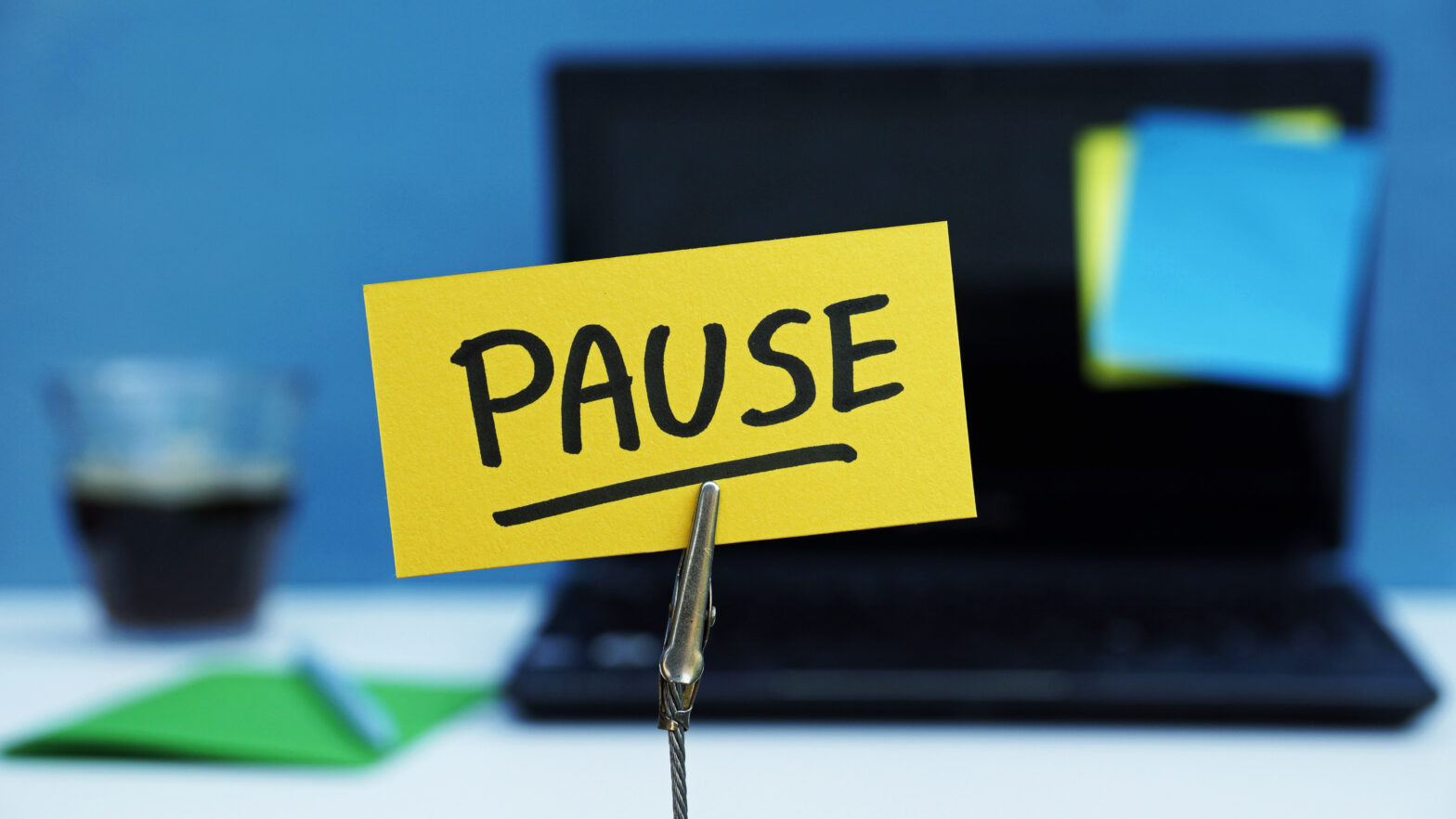A new trend for workers to take regular breaks throughout the working day has been identified – but, according to new research, it’s not all bad news for employers and business owners.
A survey of 1,000 British adults published by ElectricTobacconist.co.uk as part of the Take a Break Report 2017 reveals almost one in two workers (49 per cent) take short breaks from their work as often as every two hours, and 15 per cent do so once per hour – but many in fact find that this has a direct impact on their work performance.
More than one in three (36 per cent) believe that this time actually boosts their productivity and energy levels.
And more than a quarter (27 per cent) have experienced a moment of inspiration during their downtime which has led them to resolve or solve a problem or challenge related to their work.
And almost one in four (23 per cent) have discovered some news or information during these kind of breaks which has been beneficial for their work.
However, few bosses seem to be recognising these benefits, as just 14 per cent of employers feel that workers taking regular short breaks is a positive thing.
Pascal Culverhouse, founder and CEO at ElectricTobacconist.co.uk, says, ‘This trend for workers to take more frequent breaks from work can understandably sound a little concerning for business owners if this is not governed. However this research clearly shows that – if employers make it clear when and for how long they are happy to authorise workers taking these kinds of breaks – it can actually have a positive impact on workers’ professional performance.
‘Mini breaks are a great way to rebalance, refocus and recharge so that concentration and energy levels don’t waiver. Even just a couple of short breaks each day could make a huge difference to maximising workers’ outputs, and ensuring they are making the most of each day.’
Further reading on productivity
Businesses ‘should be encouraging plenty of breaks’
Employers should encourage staff to take plenty of breaks and vary the jobs they do, to help prevent the development of the medical condition Repetitive Strain Injury (RSI), according to RSI Awareness.
RSI is a general term for muscular and skeletal problems that can be caused by carrying out the same repetitive activities.
Awkward or static postures, prolonged exertion and high rates of repetition of a certain movement can lead to the development of the condition.
The risk of RSI is increased by sitting in the same position for long periods of time without taking a break or moving around.
Bronwyn Clifford, director of Physio at Work and a chartered occupational therapist, says staff should ‘alternate between writing, reading, going to do some photocopying or filing and going to meetings, so that they are not just sitting in front of a computer screen eight hours a day’.
A recent survey of Europeans found that 45 per cent of workers reported working in tiring or painful conditions and 17 per cent experience muscular pain in the arms and legs, says RSI Awareness.





